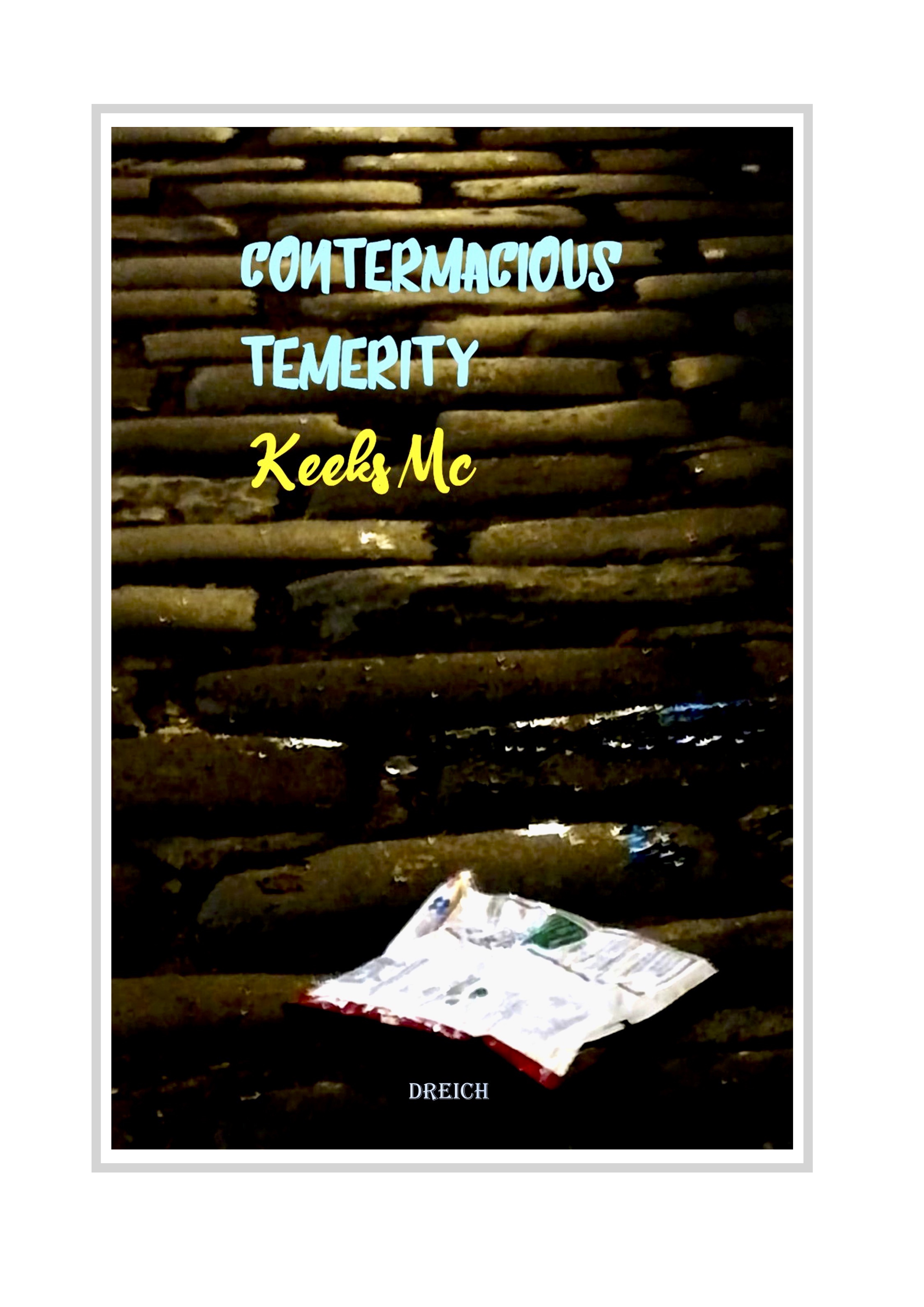BRIAN JOHNSTONE is a Scottish poet, born in Edinburgh in 1950. He lives in Fife with his wife, the artist Jean Johnstone. Working as a primary school teacher for over twenty years, Johnstone began work as a freelance events organiser in the 1990s. In 1991 he founded Edinburgh’s Shore Poets, and ran Cave Readings for the Pittenweem Arts Festival from 1995-99. In 1998 he co-founded StAnza: Scotland’s International Poetry Festival, for which he worked as director from 2000-2010, and of which he is now an honorary president. He has published three full collections of poetry, The Lizard Silence, The Book of Belongings and Dry Stone Work, as well as a number of chapbooks. His poetry has been recognised with numerous grants and awards, including the Writers’ Bureau Prize, the Mallard Prize, a prize in the National Poetry Competition, and several Scottish Arts Council and Creative Scotland Grants. His work has been translated into over a dozen languages and he has appeared at a wide range of international poetry festivals in Europe and North America.
The Weight
She carries within her a weight
neither large nor small, just
exactly the size of itself;
the size of a childhood spent
in his steps, shoes that bit bigger,
height a span more;
the size of a brother, first
to that risk, that chancy return,
first to make ways for himself;
and knows that the mention
of merely his name, the date
of his name day, the night
that he crashed is enough
to dredge depths of her grief
she will recognise, even
if not plumbed before;
knows that for her the Anastasi
always is soured: a locked door,
shut window, an unbroken loaf;
knows the last words he heard,
someone’s chronia polla!
only deepen her hurt,
a sick jest, a cruel twist in view
of her loss: a stone
in the grain sack to bolster
the weight; flour cut with chalk,
ever bitter to taste.
Anastasi – Easter Day/celebration of the resurrection in the Greek Orthodox Church.
Chronia polla – literally “many years”, a traditional Easter greeting in Greece.
Sister of Mercy
The case of the leprophils…the sisters who sometimes resent leprosy being cured.
Graham Greene, Congo Journal
A cure is to be wished for,
yet she fears it gives her pain;
the same, though to a less degree,
she feels on seeing beds new bought
defiled by those she would profess
to care for. The doctor is extravagant,
she says, and so she tells the sick
to lie upon the boards for fear of
wearing out the sheets, despoiling
mattresses that charity, hard won,
has brought their way.
And never does a day go by
she doesn’t feel resentment
somewhere deep within her soul,
for those who walk out of the gates
not whole, but free of the disease
she’s sure her place is to provide
the succour for. A cure, it’s true,
is greatly to be wished for – her own,
for some hard sickness of the heart:
supply of those who need her,
need her martyrdom the more.
Weldon Kees in New York
I
The twenty-ninth floor’s the abode
he’s made for himself, hackwork
his passport to Broadway, to shows
the Mid-West missed in the flurry
of war. It’s the button he’s pressed
to lift off from life in the library,
from stacks and the filing of facts
he’d sooner have kicked to one side
demanding the out that he needed,
like exit signs flashing their scope.
The steps he’ll traverse are the keys
of his typewriter, pacing himself
to the thrill; sidewalks and lobbies
are the maps he’ll be steered by;
the next elevator, cage and attendant,
his means to contend, scale out of it all.
II
To that loft a la mode, air so cold
its intractable stove cannot compete
with a flipping of coasts, a shift
down a gear from canvas and paint,
vacant notebooks, unanswered calls,
rejection slips, all those relationships
leading to nothing, but pleas
that the times have altered, the war
has put paid to the publishing trade,
it has to be said. Tired of the scrabble,
of living from cheque to cheque,
of making it big in the small time,
begging for breaks, he’s cold at heart,
frozen out of the efforts he’s made,
unpaid. It’s the sunshine state
that takes him, his steps to the bridge.
If you wish to read the poems in page view, the following link will take you to a PDF – Brian Johnstone Poems
All works published by the Glasgow Review of Books are licensed under a Creative Commons Attribution-NonCommerical-NoDerivs 3.0 Unported License and the journal reserves the right to be named as place of first publication in any citation. Copyright remains with the poet. http://www.glasgowreviewofbooks.com




Leave a Reply